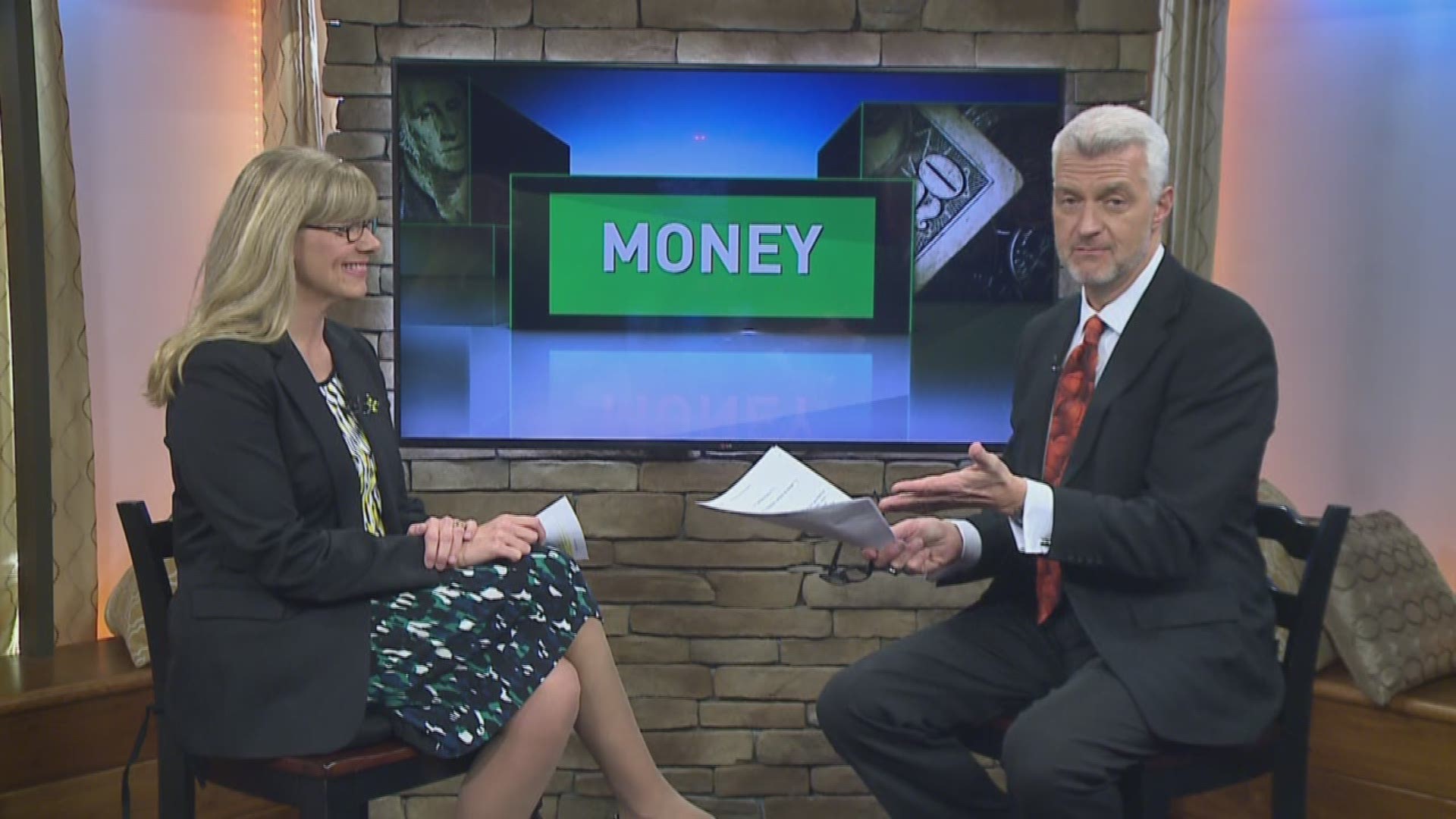MAINE (NEWS CENTER) -- When investors look for guidance in troubled financial times, one question may loom above all others -- Who can we turn to for help?
Well, we turn to certified financial planner Sarah Halpin from the Danforth Group of Wells Fargo Advisors, for help.
She has some advice for you when it comes to searching for a financial advisor.
There is no simple formula, no single set of questions to ask or guidelines to follow when searching for a new advisor. And it can be confusing with so many different types of services offered by so many different types of advisors. Here are some suggestions to help as you get prepared for your first meeting with an advisor.
Ask "How long have you been a financial advisor?"
Experience and perspective are important factors. You want to know that the person or persons giving you advice have successfully provided advice and services through good and bad economic times. There are brilliant generalists and mediocre specialists, and there are teams with different people for different kinds of problems. Review written brochures and website for the advisor and any affiliated firms.
Ask "What are your qualifications?"
Your advisor has to be securities registered to give you advice. You would not let your travel agent fix your car. The same respect for professional experience is important in managing your financial affairs. An Investment Adviser is a person (either an individual or an entity) that provides advice about securities for a fee and must be registered with the U.S. Securities Exchange Commission (SEC) or the state securities commission. A few requirements depend on the amount of money or number of clients that he or she manages. A Financial Advisor is a registered representative that has successfully earned his or her Series 7 registration and passed the relevant state registration requirements to execute trades for stocks, bonds, mutual funds. At Finra.org
Do they have a good Reputation?
Referrals from people you trust are important. However, do not make this the overriding deciding factor. Use commonsense, still do your homework in researching the financial advisor. Of course, referrals from friends and professionals of their friends and relatives may not be objective. Plus you should ask for the names of an advisor's current clients with financial situations similar to your own who are willing to act as references. If you're 40 and the bulk of an advisor's clientele are in their seventies, will this relationship work? Or if you're self employed and focusing on your business retirement plan an advisor who mainly advises charitable foundations may not be ideal.
Ask "How and how much do I pay for your services?"
This is not taboo, and it's not at all rude to ask. There are many ways to pay for advice and investment management. Financial advisers may charge a commission, hourly or annual fees or a percentage of total investment assets they are managing. Be wary of any advisor who is vague around disclosing what they will earn.
Do I feel comfortable with this advisor?
You've got to be confident in your advisor's skills and feel comfortable working together. So in the meeting or conversation is the emphasis on your personal priorities and well-being. Are you encouraged to ask questions, feel that you are being listened to and do you get clear explanations about investments and their costs? The conversation should be a two way street. The more you know about your goals and your current financial situation, the better you'll be at discussing what you need. A good advisor will work with you to put a strong investment plan in place. That means not only finding the investments best suited for your goals, but helping you meet those goals as market conditions and your personal needs change.
There are lots of good and ethical financial advisors out there who can help you. If by chance you meet with someone that you are not totally comfortable with, simply keep looking and interviewing. It will be worth the effort!
To learn more about financial professionals, visit the following Web sites:Financial Industry Regulatory Authority (FINRA) Web site www.finra.org
Certified Financial Planner Board of Standards Web site: www.cfp.net
